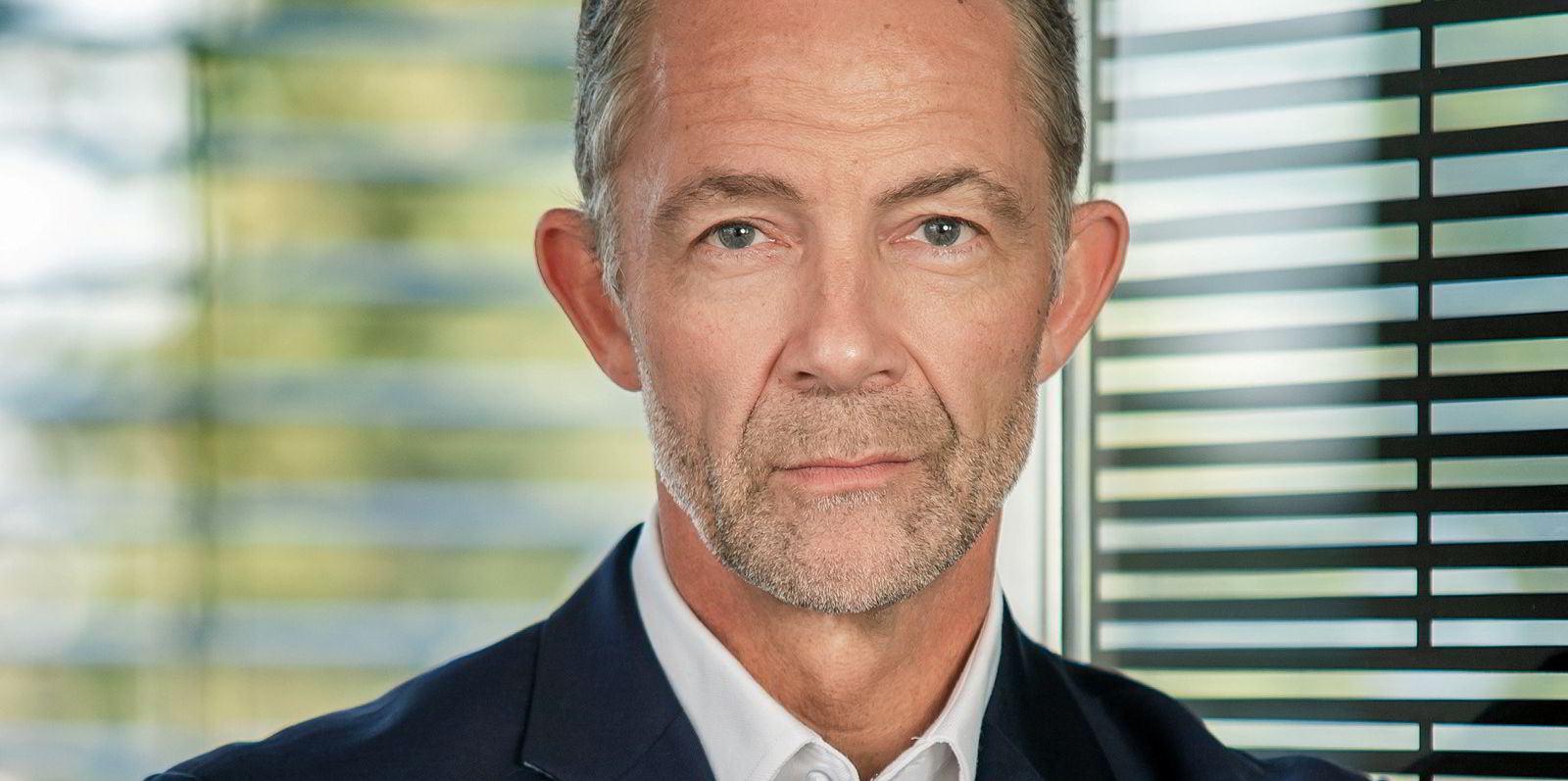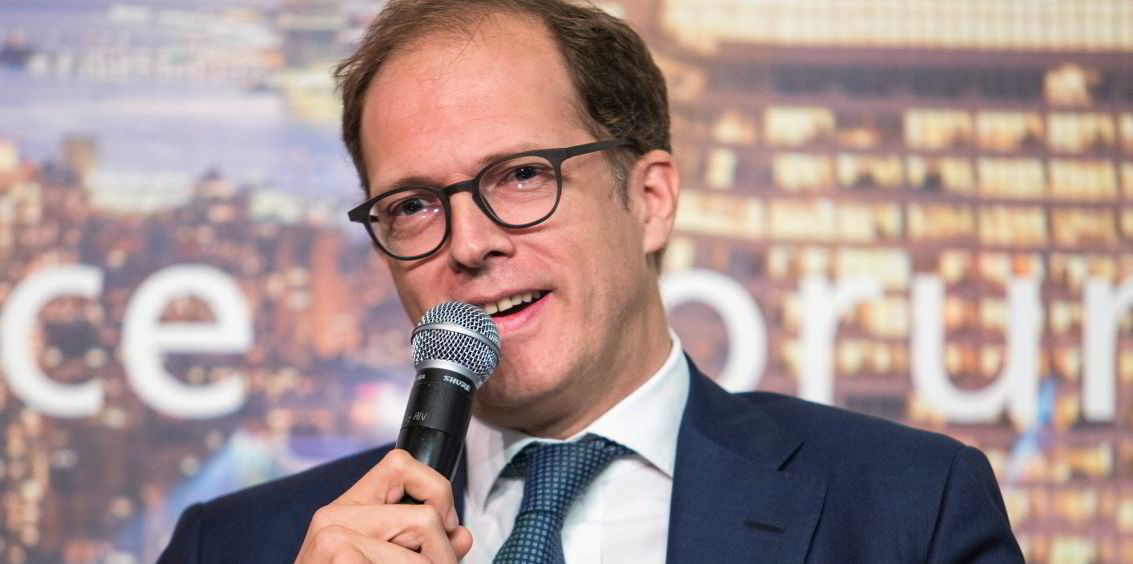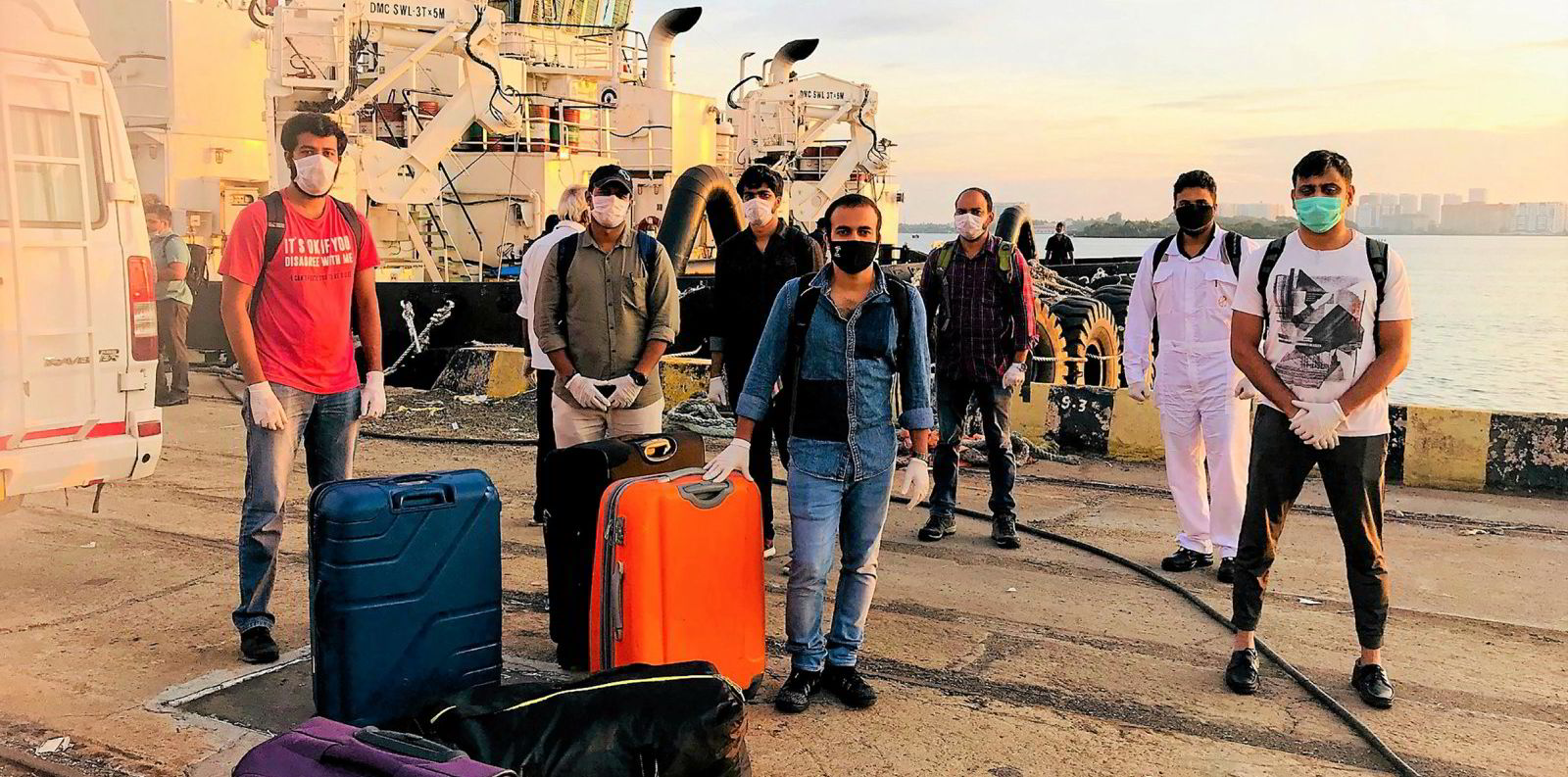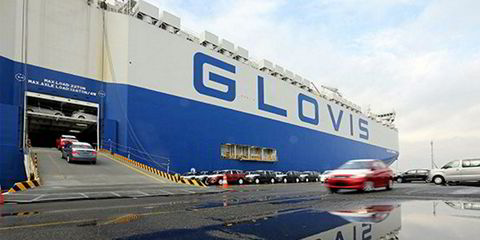The crew changeover situation is deteriorating again as Covid-19 lockdowns increase — and it could remain a problem for shipping into 2022.
This is according to Mark O'Neil, chief executive of Columbia Shipmanagement and president of Intermanager, who told TradeWinds that crew are already willingly extending contracts as restrictions increase worldwide.
By December last year, Columbia had managed to reduce the number of its crew members overdue a change to 60 out of 15,000 people.
But O'Neil said this number has crept up again to 65 and is only set to worsen.
"The situation has got worse in our abilities to rotate, there's no doubt about it," he said.
"Just before Christmas, before the mutations, we were getting to a really good position where one could achieve rotations to an acceptable level. But now with the variants and the understandable restrictions of the various jurisdictions, it's become again much more difficult."
And he warned: "I see this issue extending throughout this year and into next."
Willing to extend
Seafarers are agreeing to contract extensions of a couple of months to help the company through this difficult period, O'Neil said.
"We've committed huge resources both financial and personnel-wise to this whole crew rotation situation," he said. "Crewing departments are working flat out 24/7."
Apart from the crew on board, he insisted the most stress is seen within those crewing departments.
"When you spend days and days and days arranging a rotation and then for some reason the regulations change and you can't do it, and you then have to deal with the fallout on board the vessels, it's massively stressful," O'Neil said.
He believes Columbia was doing very well before the latest lockdowns were imposed — but still not well enough.
Changing the focus
O'Neil said the company has tried to change the narrative around the crisis.
"Instead of focusing on the overdue rotation, we focus much more on dealing with the situation presented, looking after our crew, identifying with the crew, giving benefits like wifi and mental-health support through Mental Health Support Solutions, which has been a godsend for land and sea personnel," he told TradeWinds.
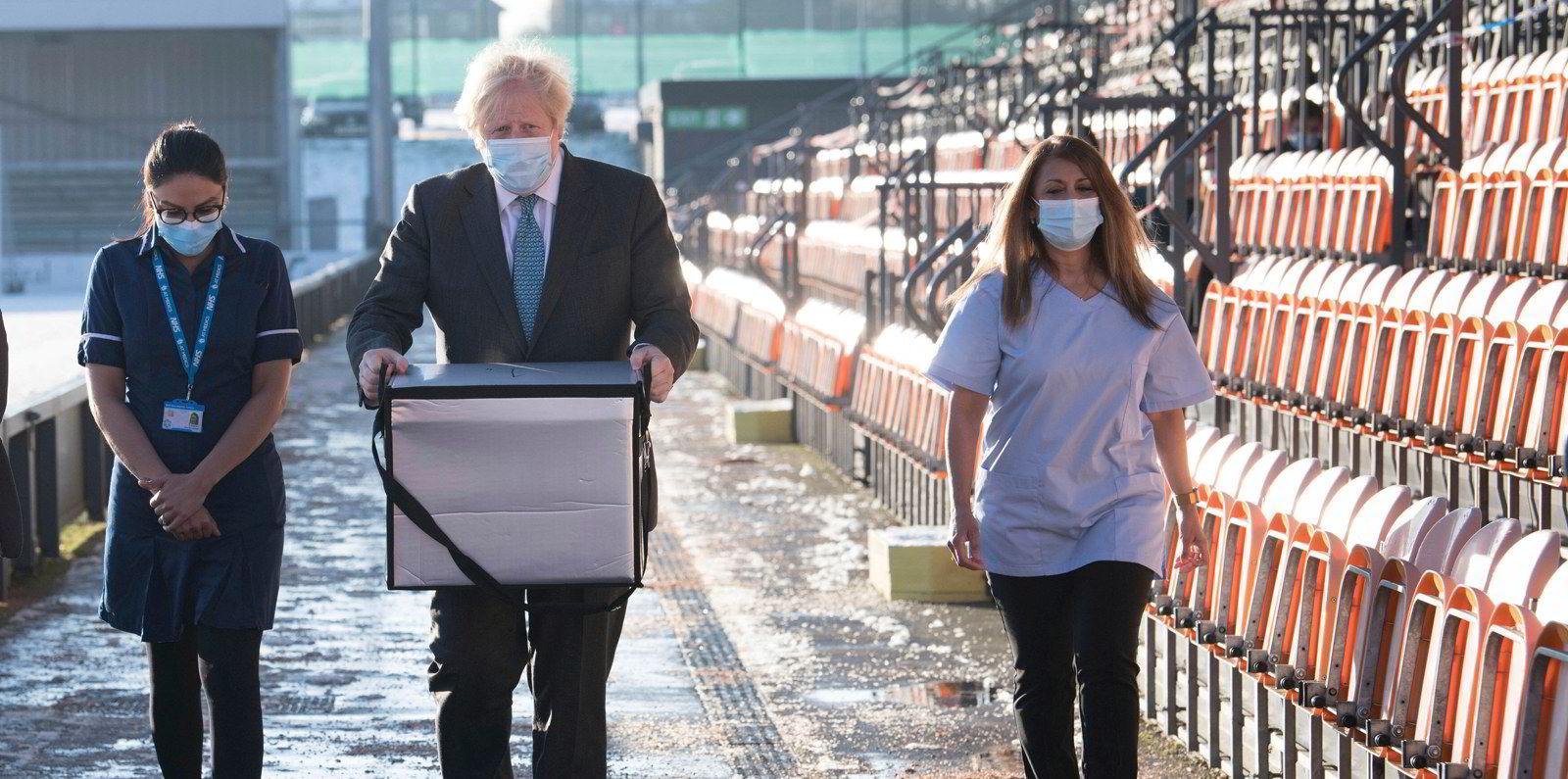
"We can't change the unchangeable, we've all got to knuckle down and deal with it. We have to get through this."
The company stresses to crew members that it is doing everything it can financially and physically to help them.
"With trust, you can get through pretty much everything, albeit suffering," O'Neil said.
O'Neil has been having conversations with the International Maritime Organization in his role as Intermanager president, urging the United Nations body to keep the pressure on all governments and international bodies.
"With the majority of seafarers coming from the Philippines and the unlikelihood of the Philippines getting a vaccine in sufficient numbers until maybe the middle of 2022, where does that leave our seafarers?" he asked.
UK urged to act
O'Neil has also written to Liz Truss, UK secretary of state for international trade, to urge that the Global Britain agency take the "bold step" of rolling out the vaccine developed by Oxford University and AstraZeneca to seafarers.
He has not heard back yet, but O'Neil believes the Oxford-AstraZeneca vaccine lends itself to global roll-out and there should be sufficient capacity.
O'Neil warned that with vaccines in the offing, regulators may be taking a view that is too relaxed.
"They are looking at the end of the tunnel from a European or northern hemisphere perspective, not a Philippine, Ukrainian or Indian view," he said.
Down the queue?
"Those countries are perhaps unfortunately going to receive vaccines later."
"We have to look at this as an industry and sort out the vaccine issue."
One legacy of the crew crisis is how the sector is then perceived by potential recruits.
"The upside to all this is that people really are focusing on, identifying with, communicating with and looking after seafarers," O'Neil said.
"Our challenge will be to continue with that and also to deal with attracting people into the maritime industry thereafter."
O'Neil asked: "How do we encourage people after this to go to sea, and persuade them this is still a worthwhile career?"
